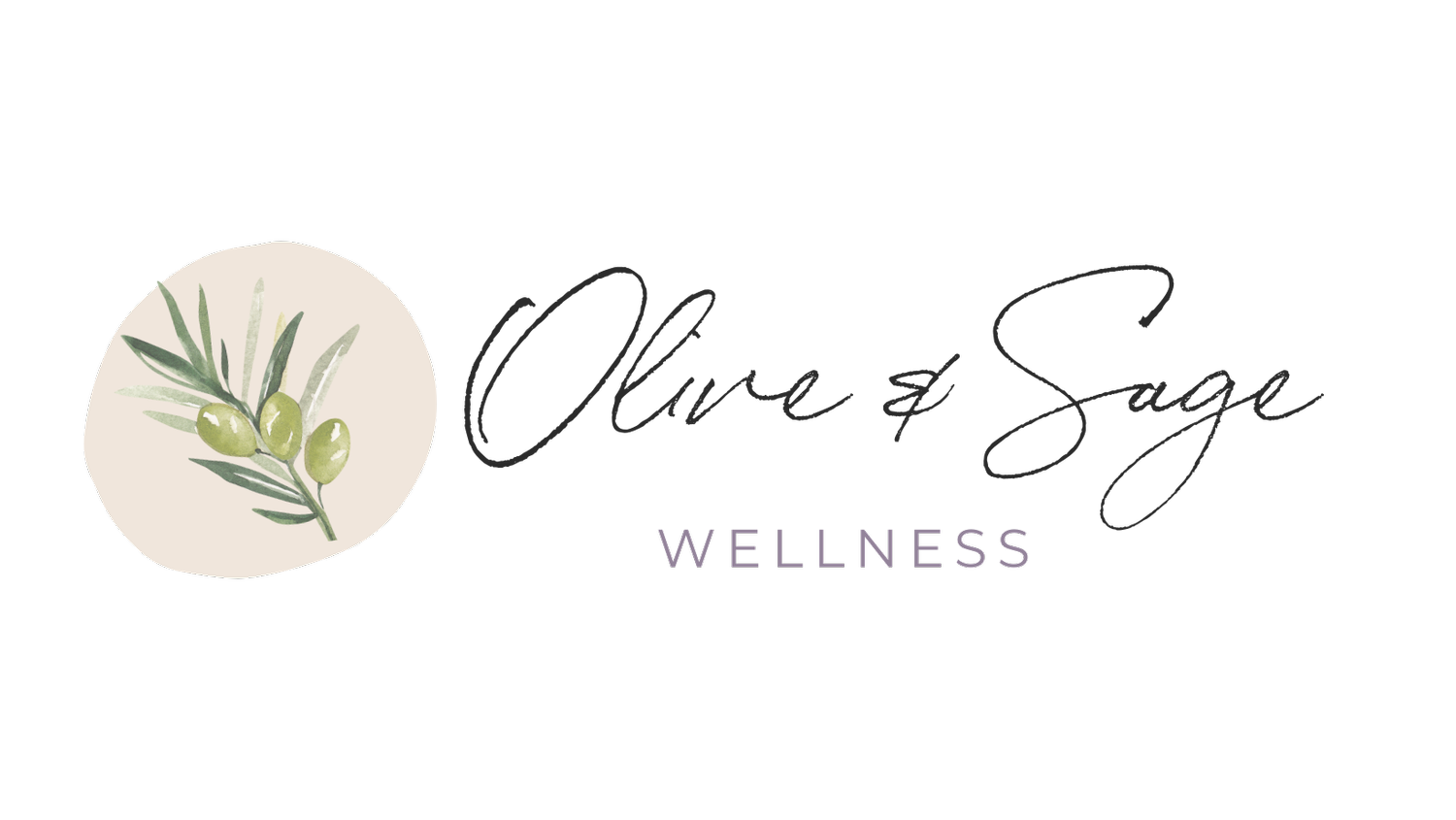Postpartum Care Essentials Part II: Top 5 Things to Add to your Postpartum Care Plan
Postpartum Care Essentials Part II: Top 5 Things to Add to your Postpartum Care Plan
In my last blog, I talked about the importance of planning for the vulnerabilities associated with the fourth trimester. Afterall, caring for yourself is also caring for your baby. I try to encourage all my clients to keep that in mind as we work on creating support during the fourth trimester and beyond.
These are the top 5 things I encourage my clients to include in their postpartum care plans:
Identify professional support options and resources. Parenthood is a giant life transition and it is stressful for everyone. If you don’t have a treatment team supporting you already, at least take a look around at your resources and create a short list of mental health therapists, pelvic floor therapists, occupational therapists, perinatal psychiatrists, support groups, etc. that you might be interested in working with should the need for professional support arise.
Baby introductions. It is no surprise that the Covid pandemic has changed the way that new parents think about introducing their baby to others and the germs and risks associated with that. Put some thought into this option: do you want people visiting at the hospital or would you rather have a couple weeks at home first? There are no wrong answers here (despite how others may react!).
Help from others. It’s best to accept that you are going to be in a season of receiving as you navigate the waters of postpartum. You will likely receive a lot of well-intentioned offers from loved ones that are willing to come over and to “hold baby” for you. If you’re lucky, you might also have folks offer to come be helpful to you in other ways such as participating in meal trains or unloading your dishwasher. Think about what would feel most helpful to you during this time of low sleep and high stress. Create a list with your partner of tasks you can ask others to help out with when they ask. It’s okay to say, “I don’t need help holding the baby right now but I’d really appreciate it if you ran to grab my grocery pick up order this afternoon if you’re available”. Give people the opportunity to be helpful by telling them what you need.
Other household tasks. Navigating postpartum can be a bit of an all consuming thing. Suddenly your living room is full of baby burp cloths and diaper changing materials. It can be easy to forget about paying the mortgage bill, the weekly cleaning chores, or feeding the dog. Make a plan with your partner about who will do what tasks during this time so nothing falls through the cracks.
Self-care. This is the most important and vague tip on this list because it is so individualized. But if you are not doing well, baby is not doing well. Let me say it again for the people in the back: IF YOU ARE NOT DOING WELL, BABY IS NOT DOING WELL. “Doing well” can be identified by the presence of: quality sleep, sufficient nutrition and hydration, and mental health symptom management and care, to name a few. Make sure you are taking time to recharge your batteries. A Target run is not self-care, it is running errands for yourself and your family. Focusing on getting quality sleep, taking breaks away from caregiving, and healthy communication strategies with your partner will go a long way.
If you are looking to get help with creating a postpartum plan for yourself and/or your partner, reach out to Olive and Sage Wellness to schedule a free consultation with a certified postpartum therapist.
